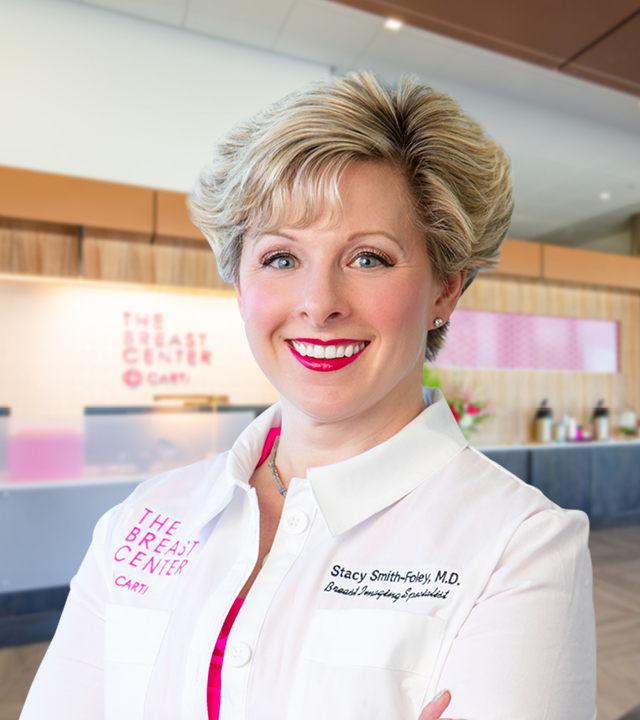GYNECOLOGIC ONCOLOGY: WHY WE SHOULD TALK ABOUT IT

Cancer can be a sensitive subject among friends and family, especially when it affects the female reproductive system. Why? Many women are uncomfortable with – or, at least, unfamiliar with – discussing what might be considered such personal issues openly. To make it more challenging, women’s health issues historically have been misunderstood and minimized, and we are still in the process of overcoming those norms.
Today, however, we can all be part of the discussion (starting right now!). Gynecologic oncology is a specialized field of medicine focusing on cancers of the female reproductive system. These include ovarian, uterine, vaginal, cervical and vulvar cancers, as well as precancers. Although we are seeing exciting advances with molecularly targeted cancers and immunotherapies in treatment, prevention is always the best medicine. Let’s look at endometrial cancers as an example.
Rising Rates
According to the National Foundation for Cancer Research (nfcr.org), uterine cancer – also known as endometrial cancer – is the fourth most common cancer for women, and the most commonly diagnosed gynecologic cancer in the United States. While the more benign, slow-growing types have historically had positive outcomes, we are seeing a significant rise in difficult-to-treat endometrial cancers. Here are a few facts* to help underscore the seriousness of this disease:
- An estimated 80,160 new cases of uterine cancer were diagnosed in the U.S. in 2023, with 17,340 deaths resulting from the diagnosis.
- Uterine cancer mainly affects postmenopausal women; the average age of women diagnosed with uterine cancer is 60 years old.
- The overall five-year survival rate for Caucasian women with uterine cancer is 84% versus 64% for African American women.
- This cancer is slightly more common in Caucasian women, but African American women are more likely to die from it.
The Role of Obesity
The rising rate of uterine cancer is mainly attributed to obesity, which is a key risk factor leading to increased estrogen production and other issues. Simply put, obesity drives endometrial cancers. A smart prevention plan? Achieve and maintain a healthy weight through balanced diet and exercise, bariatric surgery or other physician-supervised methods. Doing so can help prevent cancer in the first place, or make treating cancer (and other health issues) safer, easier and more successful.
Two Smart Steps
Women should also strongly consider getting the HPV vaccine, which can literally prevent cervical and most vaginal and vulvar cancers. The vaccine is now approved for women up to age 45, and is commonly available at many pharmacies.
Finally, in terms of preventing gynecologic cancers and setting yourself up for the best outcomes, all women need a pelvic exam every year for – I believe – their entire lives. Not just during childbearing years. Not just when you have a partner. Not just until menopause. Women deserve outstanding health care, and that expectation should extend to the female reproductive system. It’s up to us to be our own best advocates.
About Gynecologic Oncology at CARTI
Our team specializes in treating an array of gynecologic conditions including, but not limited to, preinvasive and invasive cervical cancer; endometrial cancer; endometrial hyperplasia; uterine sarcoma; established or suspected ovarian cancer; preinvasive and invasive vulvar disease; familial ovarian cancer and more. Learn more about gynecologic oncology here.
*Sources: American Cancer Society’s Cancer Facts & Figures 2023 and American Society of Clinical Oncology (Cancer.Net)





